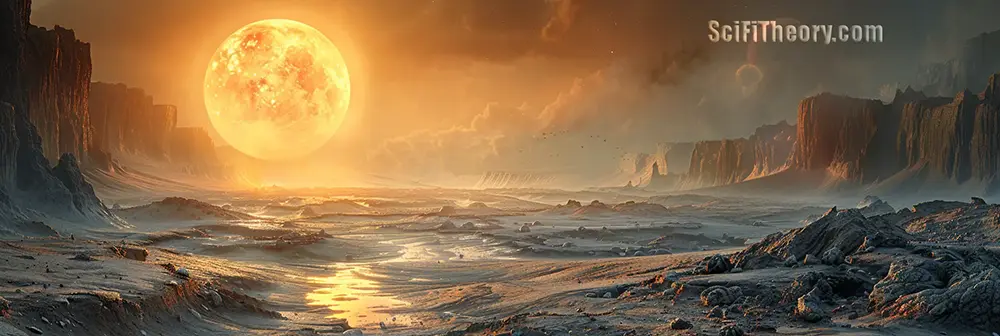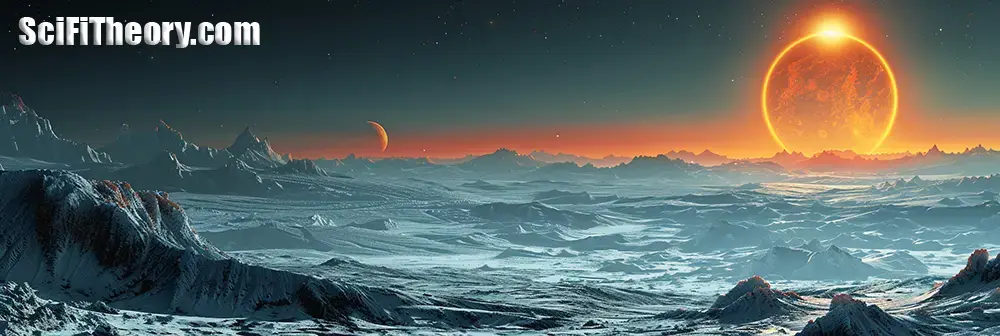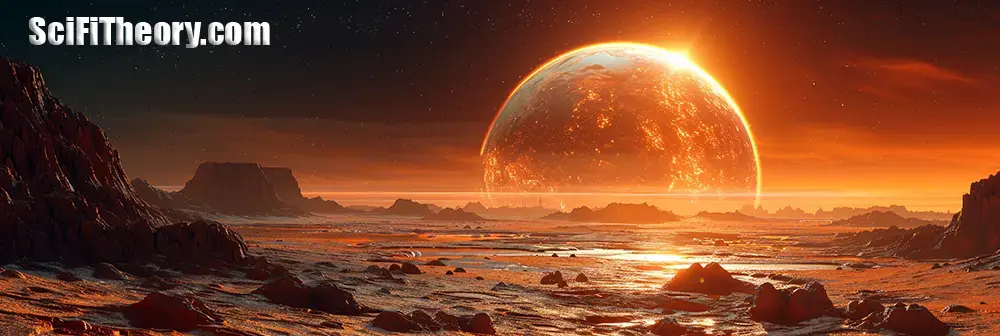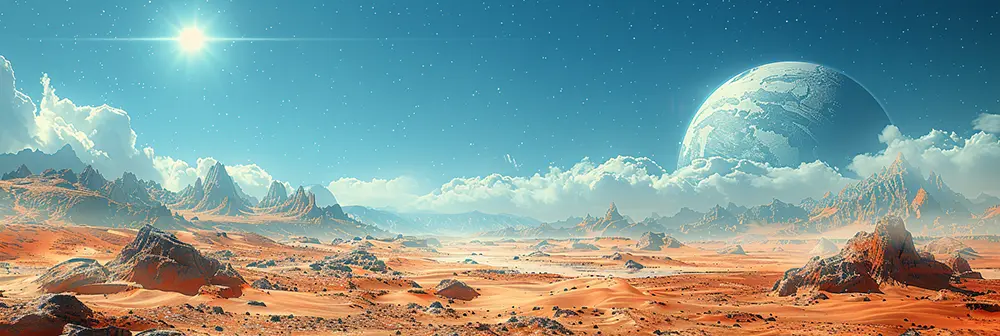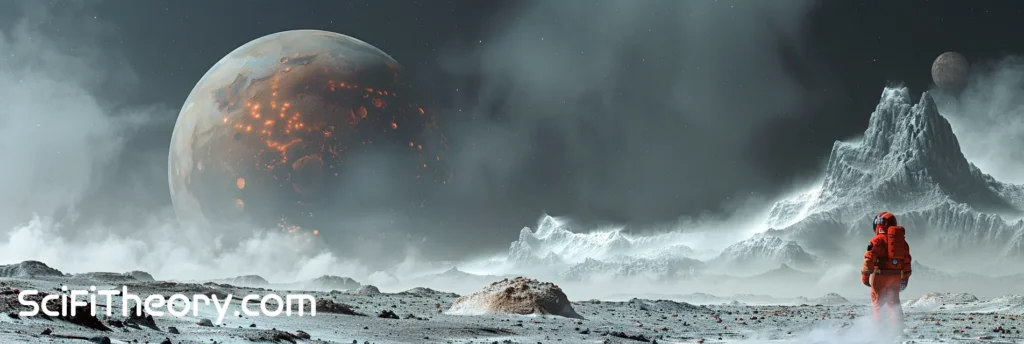Welcome to SciFiTheory.com
At SciFiTheory.com, we’re embarking on an ambitious experiment in collaborative storytelling. Our goal is to create an open-source Multiverse, built from written content, NFTs, and a community of creators. We’re inviting writers, artists, and all fans of science fiction to help build this universe, contribute ideas, and explore limitless possibilities. This introductory volume marks the first in a series that will lay out the foundations of this project. Over time, these resources will cover everything from writing basics to advanced literary theory, creating a toolkit for contributors and enthusiasts alike.
If you’re an English major or experienced in writing, some of this might feel like a refresher. However, our approach is to start from the ground up, guiding newcomers and building a strong foundation for more complex explorations of science fiction themes and concepts. We’ll explore universal and dimensional models of storytelling, along with literary theory specifically tailored for science fiction. Think of this introduction as a freshman-level syllabus, designed to set the stage for what’s to come.
Through this project, we hope to inspire fan fiction, content creation, and a thriving community of creators who share a passion for sci-fi. Whether you’re here to write, imagine, or just explore, we’re excited to welcome you into the SciFiTheory Multiverse. Let’s get started!
- 0.0 Introduction To Science Fiction Literature IndexWelcome to SciFiTheory.com At SciFiTheory.com, we’re embarking on an ambitious experiment in collaborative storytelling. Our goal is to create an open-source Multiverse, built from written content, NFTs, and a community of creators. We’re inviting writers, artists, and all fans of science fiction to help build this universe, contribute ideas, and explore limitless possibilities. This introductory volume marks the first in… Read more: 0.0 Introduction To Science Fiction Literature Index
- 1.0 Intro to SciFi Literature: What IS it?
- 1.1 Intro to SciFi Literature: Key Characteristics of Science Fiction
- 1.2 Intro to SciFi Literature: Historical Evolution of Science Fiction
- 1.3 Intro to SciFi Literature: Common Themes and Tropes in Science Fiction
- 1.4 Intro to SciFi Literature: Subgenres and Variations of Science Fiction
- 1.5 Intro to SciFi Literature: Notable Works and Authors in Science Fiction
